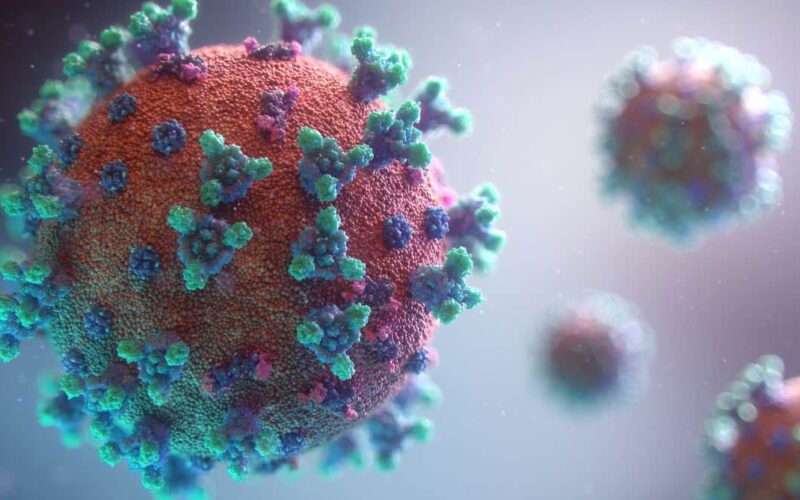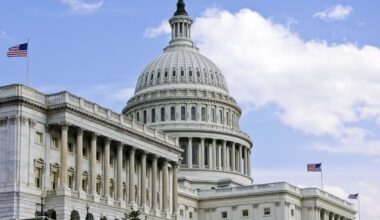[ad_1]

No part of the global economy has escaped the COVID-19 pandemic, which has claimed more than 2.5 million lives around the world and sickened countless more.
But few industries were in the kind of infancy the hemp industry was in when the World Health Organization declared the virus a global pandemic on March 11, 2020.
The resulting lockdowns, travel bans, economic collapse and distancing requirements hit just as many farmers were about to plant their first-ever legal hemp crops. Hemp acreage plummeted.
Nascent extractors and hemp processors saw equipment delayed by manufacturing shutdowns. Those that managed to find equipment couldn’t open for business because of mandatory stay-at-home orders.
And while many marijuana retailers were deemed “essential” businesses, depending on the state, hemp-specific retailers were generally closed.
CBD brands that had scrambled to get on shelves of mass-market retailers such as department stores had to immediately pivot to online-only sales.
Market analysts at the Brightfield Group, a Chicago-based data research firm, declared 2020 an “extinction event” for CBD brands, with 50% or more of an estimated 3,000 brands closing.
But the hemp industry didn’t fold up shop because of the challenges. Some companies successfully adapted business plans; others made new ones to adapt.
Hemp Industry Daily caught up (virtually, natch) with some hemp entrepreneurs to reflect on how the industry has reacted to the pandemic and get their predictions for what’s next.
Time to focus
The shutdowns and disease challenged all businesses, of course.
But some hemp entrepreneurs say the unexpected halt to business gave them time to breathe and refine business plans in a go-go young industry.
“It gave me an opportunity to pause,” said Larisa Bolivar, founder and CEO of Colorado-based Bolivar Hemp Co.
She developed a cosmetics line, bought property in Oklahoma to start a new cultivation site and even finished a book she had been working on for years.
“We were all feeling that same rush – you know, we’ve got to get to market, we’ve got to be No. 1,” she said. “But that’s not always good for launching a business.
“You really have to be strategic. Now, we have room to grow and we have plenty of time. I think COVID kind of reset that clock for everyone.”
One entrepreneur even started a new business, with locations on two continents.
Wendi Young set up an extraction company with locations in Colorado and Belfast, Ireland, while overcoming closed borders and shutdowns across jurisdictions.
Young said she was inspired in part by having to take time off to care for a sick relative.
“There was just a lot of time to really start thinking about, you know, what you want (and) what you want to accomplish,” she said.
Other entrepreneurs found new resilience from their own employees.
“We really saw our team come together in a very big way. Just looking at seeing how people are taking care of each other – I think that was such a big, monumental outcome of COVID,” said Priyanka Sharma, co-CEO of Kazmira, a hemp-derived cannabinoid extraction company based in Colorado.
“It was nice to be able to step back from your own process, see what could be changed with what you were doing over time. … When you’re so in the weeds, you don’t get to step back and see where you can make changes.”
Next normal
So, which changes from the COVID-19 pandemic will stick with the hemp industry?
Andrew Bish, chief operating officer of Bish Enterprises, a harvest-equipment manufacturer in Nebraska, said the pandemic has sparked market attention on non-flower uses for the plant.
“We’re seeing a dramatic upswing in the grain and fiber markets,” Bish said.
“I do think some of that increased demand in grain is coming from people eating at home and looking for more plant-based options, which is really exciting.”
In addition to opening new market demand, the pandemic gave operators an opportunity to close underperforming lines.
“It was a good opportunity to think about really what our primary goals were in the industry,” said Margaret Richardson, chief compliance officer and legal officer at Global Widget, a CBD manufacturer in Orlando, Florida.
“We could think about, in terms of product offerings, really what we wanted to offer.
“It gave us a chance to trim some of the products that weren’t as successful and refocus on formulation. … We came out on the other side, I think, stronger.”
The full discussion on COVID-19 impacts to the hemp industry can be seen below.
And share your insights and predictions live Thursday with Hemp Industry Daily editor Kristen Nichols at 4 p.m. ET/1 p.m. PT on Clubhouse.
[ad_2]
Source link
Medical Disclaimer:
The information provided in these blog posts is intended for general informational and educational purposes only. It is not a substitute for professional medical advice, diagnosis, or treatment. Always seek the advice of your physician or other qualified healthcare provider with any questions you may have regarding a medical condition. The use of any information provided in these blog posts is solely at your own risk. The authors and the website do not recommend or endorse any specific products, treatments, or procedures mentioned. Reliance on any information in these blog posts is solely at your own discretion.







